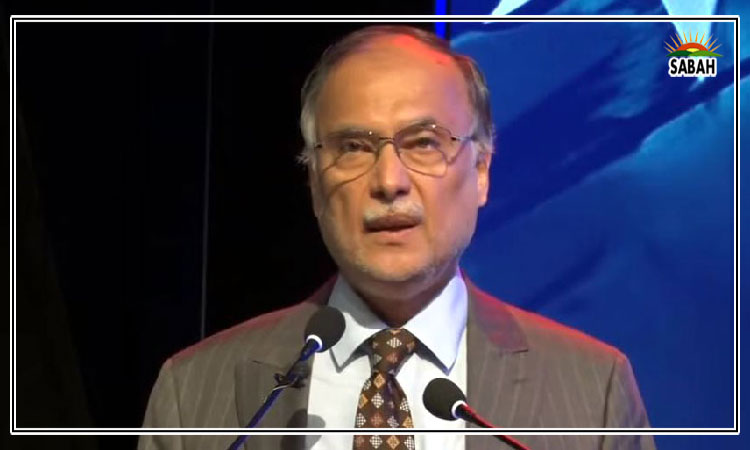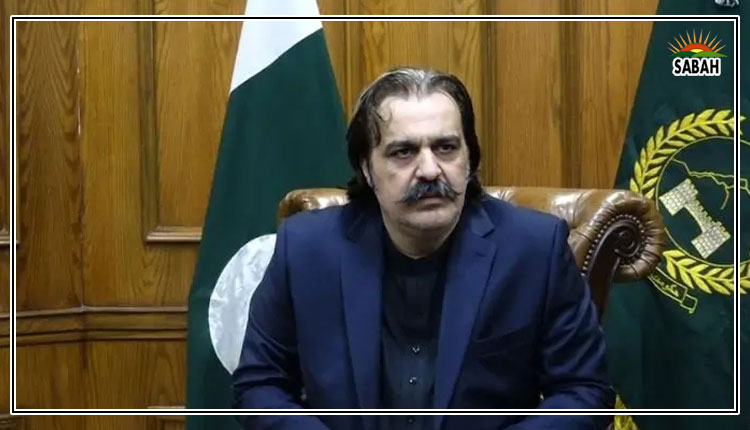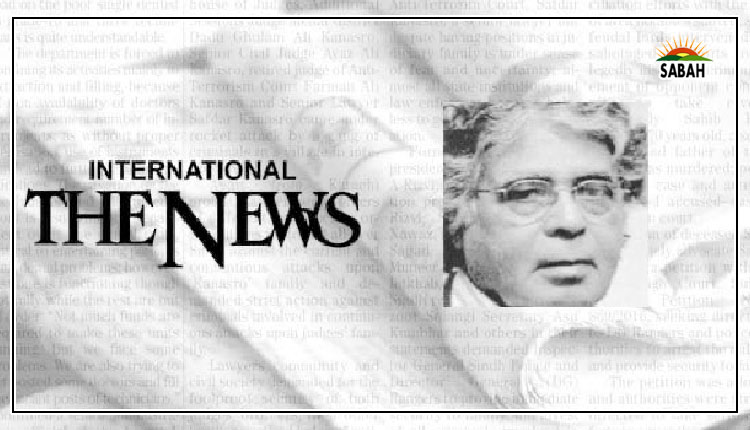Shades of instability ….. Ghazi Salahuddin
What was mostly seen as a farce, the long-running game of ‘Takht-e-Lahore’ took a dramatic turn on Wednesday night and, suddenly, the entire setting of Pakistan’s politics changed. A different kind of thriller has now begun. We can be sure that some new realities are about to rise to the surface that will raise a lot of sound and fury.
In the run-up to the vote of confidence, it was not at all certain that the PTI, the major partner in the coalition, would be able to reach the target because of a few defections and the allegations, made by Imran Khan himself, that a number of PTI members of the provincial assembly were being pressurized by powers that be or offered huge bribes to abstain from the vote.
Even Elahi was so reluctant to go for a vote of confidence that he had rejected the need for it on the plea that the governor’s directive was not legal. But the issue was pending in the Lahore High Court and earlier on Wednesday, it allowed the chief minister to remain in office for one more day, observing that a chief minister was expected to enjoy the trust of the majority of the assembly’s members at all times.
Hence, the vote was mandatory. And there was little hope, generally, that Parvez Elahi would prevail. In fact, the PML-N was working feverishly, somewhat boastfully, to overturn the Punjab administration. Yet, the magic number of 186 was reached in the witching hour after midnight. This outcome has posed certain questions that have not been satisfactorily answered. Essentially, what role would the establishment play in the situation that is now developing?
But some implications of how fresh elections in Punjab and Khyber Pakhtunkhwa are being ensured are obvious. In the first place, this finally is the vindication of one of Imran Khan’s calculated moves to press for early national elections. An electoral exercise in Punjab, which constitutes more than 60 per cent of the country, will be a game-changer in the national context. Holding national elections concurrently would be a credible option.
At the same time that the dissolution of the Punjab and KP assemblies is a victory for Imran Khan, though this tactical initiative may still have unintended consequences, it has left the PML-N with egg on its face. It is hard to explain why a party that has dominated Punjab’s politics for so long would deal with a major challenge in such a shoddy manner. This was not the time for the leadership of the party to be abroad.
Maryam Nawaz, the charismatic fringe of the PML-N, was recently assigned to reorganize the party and lead its electoral campaign. She is also absent for weeks. The brave statements that party leaders are now making to reassure its constituency with the promise of victory in the forthcoming elections cannot cover up the miscalculations that were made this week.
Yes, the party has to bear the responsibility of the performance of the federal coalition, headed by Shehbaz Sharif. Leaving aside an objective analysis of how the PDM has dealt with some enormous problems, rising inflation and increasing social disarray have created a situation that naturally breeds animosity towards those who are at the helm.
Does this mean that Imran Khan, with the popularity that he gathered after he was removed from power, has an easy path to final victory? That seems unlikely, not only because of the looming threat of being disqualified in any of the cases that are running in superior courts and before the Election Commission of Pakistan. There are problems with his leadership, one measure of which is his forever changing stance towards the establishment that had originally escorted him to the seat of power.
However, of immediate concern is the impact that this week’s twist in the plot would make on the direction in which this country is moving. Already, politics is too much with us, particularly in the media. With the stage being set for elections in Punjab and KP, grave issues such as the economy and the surge of militancy may recede further into the background.
One argument that Imran Khan has repeatedly made is that political stability that is needed to deal, say, with the economy will be ushered only by free and fair national elections. This is a flawed argument. An election generates a lot of heat and dust, distracting the nation’s attention from other vital pursuits. A wave of partisan passions sweeps across the entire landscape, affecting human relationships at various levels.
There is this example of a slump in the shares at Pakistan Stock Exchange (PSX) on Friday because of political uncertainty created by the impending dissolution of two provincial assemblies even as the country secured a four billion dollar economic lifeline from the UAE and Saudi Arabia.
There was something unique about how the national elections of 1970 led to the breakup of Pakistan but what happened after the elections in 1977 was not entirely exceptional. There are usually allegations of rigging and manipulation by the losing parties. Sometimes elections leave a trail of animosity and bickering in the political sphere.
To be sure, a democratic dispensation can only be built on people’s right to choose their representatives in a free and fair election and this must be a regular exercise, uninterrupted by any doctrine of necessity. The problem with Imran Khan’s politics is that he has pushed the nation into campaign mode since April last year, diverting attention from the unprecedented floods and an unbearable economic depression.
The question now is where Imran Khan’s present gambit will take Pakistan in the coming weeks and months. Will early elections leave Pakistan at peace with itself, or will they make the burdens we carry more onerous?
The writer is a senior journalist. He can be reached at: ghazi_salahuddin@hotmail.com












